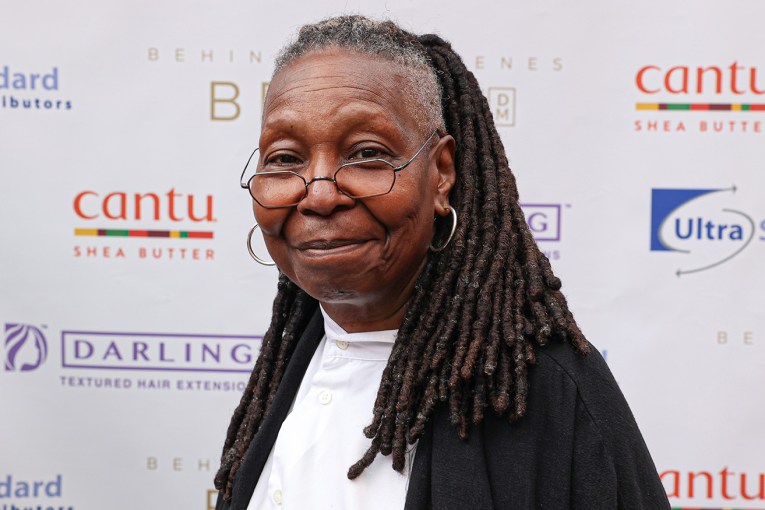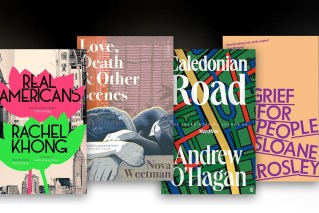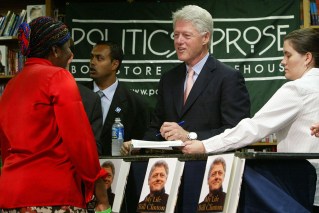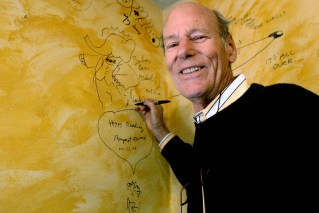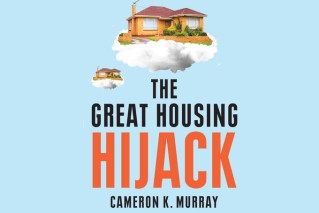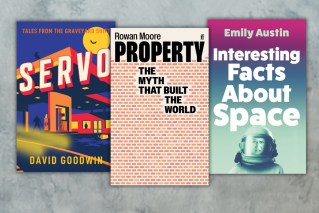Indigenous author Tara June Winch wins Book of the Year at NSW Premier’s Literary Awards
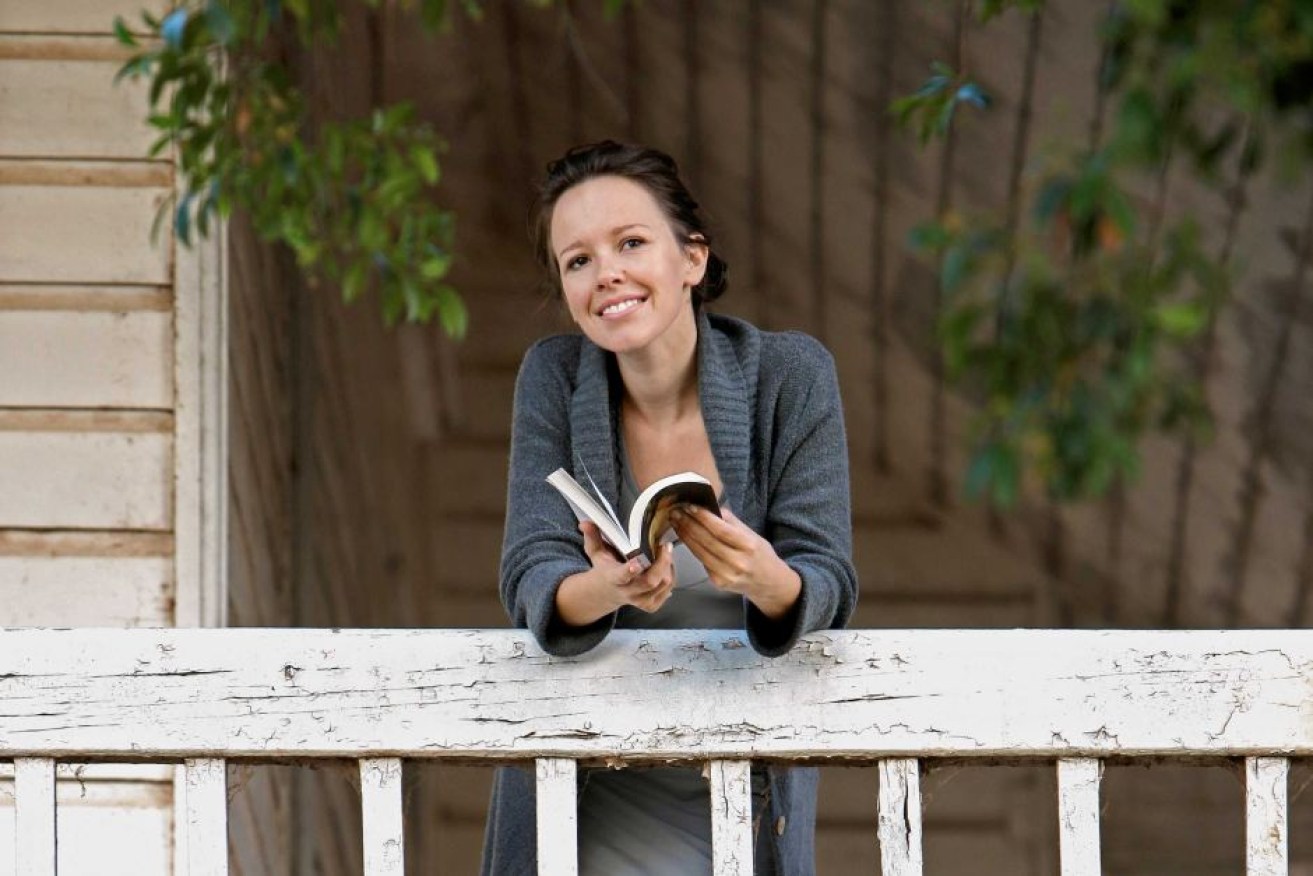
Tara June Winch at Booranga Writers' Retreat near Wagga Wagga in NSW, where she wrote much of The Yield. Photo: Bryan Charlton
Wiradjuri writer Tara June Winch has pulled off a hat-trick at the 2020 NSW Premier’s Literary Awards for her novel The Yield, taking home three major prizes, including the Book of the Year.
Awarding Winch’s novel the top gong (worth $10,000) and the Christina Stead Prize for Fiction ($40,000), the judges described it as “a ground-breaking and wholly original work of fiction by one of our most exciting contemporary writers”.
“Winch plays with form, shape, style, perspective and point of view in order to conjure three very distinct voices that speak to the past, present and future of our nation: Albert Gondiwindi, his granddaughter August and the nineteenth-century missionary Reverend Greenleaf.”
The Yield also won the People’s Choice award.
Winch’s novel has been shortlisted for the Stella Prize and longlisted for the Victorian Premier’s Literary Awards, without winning either, and Winch admits to thinking she would be a perpetual “bridesmaid”.
Speaking to ABC from France, where she is based, the author said “[New South Wales] is my home state, so that means heaps,” and said that she still remembers winning the NSW Premier’s Literary Award UTS Prize for New Writing for her debut novel, Swallow the Air, in 2007 – and writing her acceptance speech “on the paper towels in the bathroom in the State Library”.
“That was a really important award to me,” Winch said.
The winners of this year’s awards were announced via a pre-recorded ceremony streamed on the State Library of NSW website on Sunday evening, presided over by state librarian John Vallance.
A novel of love, history and language
As The Yield opens, Poppy Albert has died. His granddaughter August, who lives on the other side of the world, hurries back home to her past, to Massacre Plains and to her Nana, Elsie.
Their family histories, stories, violent colonial experiences and all the accompanying contests over land – which continue, thanks to a mining company – are intertwined in this novel.
In her acceptance speech, Winch described The Yield as “a novel of eternal love, history and how the mother tongue can be taken and used in the spiritual subjugation of a people. How central language is to our continual connection to Country, family and culture – to healing and pride. Because it is a sacred thing.”

The Paris-based writer says The Yield draws on the Wiradjuri language dictionaries compiled by Uncle Stan Grant Sr and John Rudder.
The novel includes a dictionary of Wiradjuri language, compiled by the character of Albert Gondiwindi – and, through her story, Winch makes a case for all of us to learn the word for country in the old language, wherever in Australia we are.
As Poppy Albert tells it: “I was born on Ngurambang – can you hear it? – Ngu-ram-bang. If you say it right it hits the back of your mouth and you should taste blood in your words.”
In her speech, Winch said, “I hope this book will spur the department of education into implementing our first languages into our core curriculum.”
Australian stories
The Yield is steeped in the violence of contact and dispossession; there’s a town named Massacre, and Poisoned Waterhole Creek just down the road.
These aspects of the novel have made Winch worry time and again that people won’t read her story.
She says she has felt a “huge reluctance” from readers who “presume they’re going to feel guilt and shame”.
“It’s white fragility, I guess.”
She said she found herself trying to convince these kinds of people that the challenging aspects of her novel really do come with a “spoonful of sugar”.
Readers will relish the language, the drama and pace of Winch’s story – and the hope and resilience and humour of the older generation, which are based on the author’s own family.
“Nana Elsie is my Nana. Poppy is a mix of my grandfather and the cheeky storytelling of my dad. He is also my own inner voice.”
Another reckoning with Australian history is celebrated in this year’s awards, with Tony Birch winning the Indigenous Writing Prize for his powerful novel The White Girl, set in a 1960s rural town and taking in themes of intergenerational trauma, dispossession and the stolen generations – with strong women at the centre of the tale.
Both Birch and Winch acknowledge other writers in their acceptance speeches, with Birch adding: “I want to give a really big shout out to all the others Indigenous writers who were not only shortlisted but also to all the Indigenous writers who entered this competition and certainly every blackfella across Australia who is writing.
“I wanna say that my words only matter as much as your words do. And I am rapt to be part of such a wonderful, wonderful community of Aboriginal and Torres Strait Islander writers.”
2020 winners
Book of the Year ($10,000)
The Yield by Tara June Winch (Penguin Random House)
Christina Stead Prize for Fiction ($40,000)
The Yield by Tara June Winch
UTS Glenda Adams Award for New Writing ($5,000)
Real Differences by SL Lim (Transit Lounge)
Douglas Stewart Prize for Non-fiction ($40,000)
Tiberius with a Telephone: The Life and Stories of William McMahon by Patrick Mullins (Scribe Publications)
Kenneth Slessor Prize for Poetry ($30,000)
Enfolded in the Wings of a Great Darkness by Peter Boyle (Vagabond Press)
Patricia Wrightson Prize for Children’s Literature ($30,000) — joint winners
Ella and the Ocean by Lian Tanner and Jonathan Bentley (Allen & Unwin)
Ethel Turner Prize for Young People’s Literature ($30,000)
Lenny’s Book of Everything by Karen Foxlee (Allen & Unwin)
Nick Enright Prize for Playwriting ($30,000)
Counting and Cracking by S. Shakthidharan, Associate writer Eamon Flack (Belvoir and Co-Curious)
Betty Roland Prize for Scriptwriting ($30,000) — joint winners
Missing by Kylie Boltin (SBS)
The Cry, Episode 2 by Jacquelin Perske (Synchronicity Films)
Multicultural NSW Award ($20,000)
The Pillars by Peter Polites (Hachette Australia)
Indigenous Writers’ Prize ($30,000) — biennial award
The White Girl by Tony Birch (University of Queensland Press)
People’s Choice Award
The Yield by Tara June Winch
–ABC
